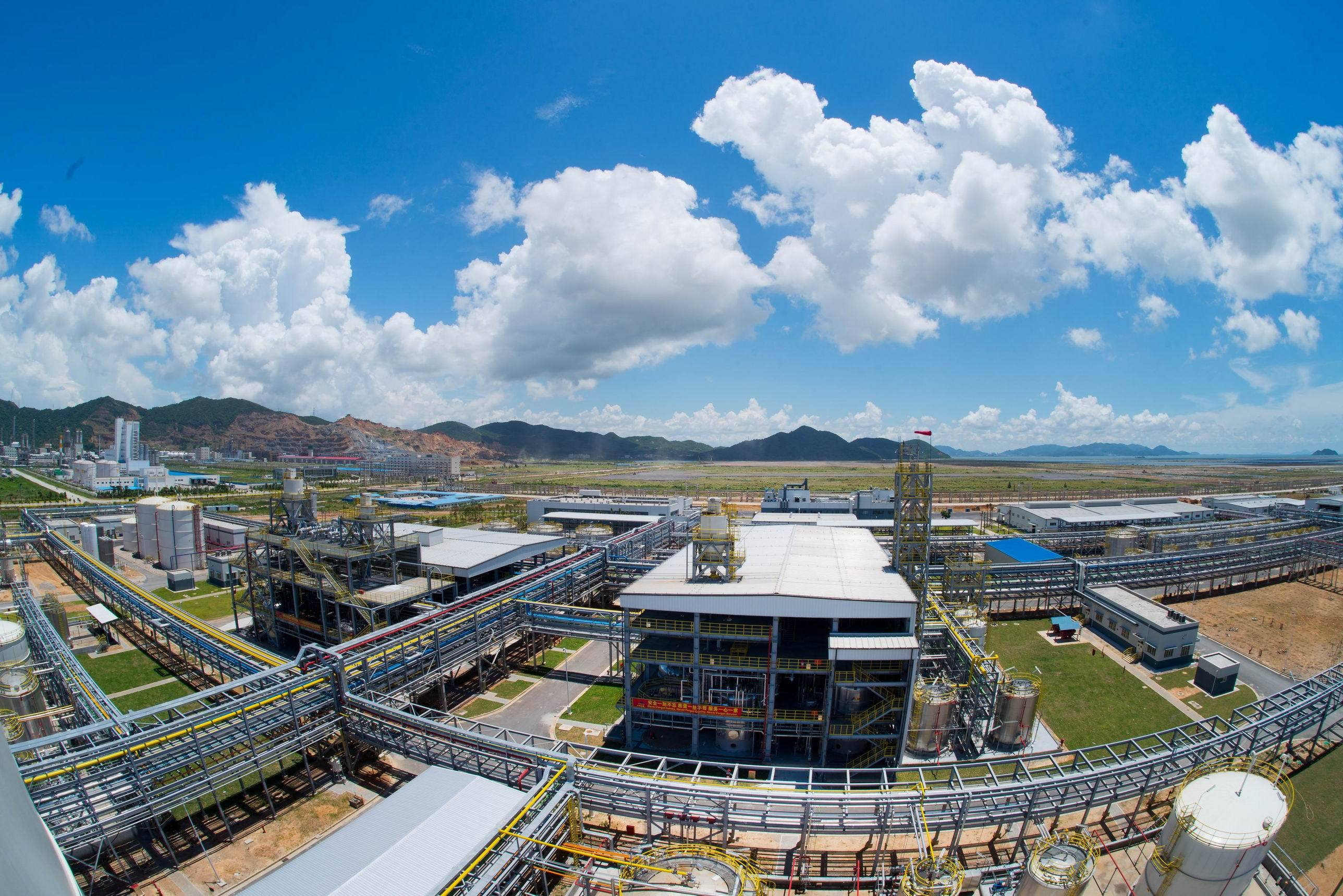Chemical industrial wastewater is the waste water generated during the chemical production process, containing harmful substances such as organic compounds, inorganic compounds, or heavy metals. If not properly treated and discharged into the environment, it will pose serious risks to human health and the environment. Therefore, it is necessary to treat chemical industrial wastewater. This article will discuss the hazards caused by chemical industrial wastewater, treatment technologies, and the effects after treatment.

Firstly, the hazards caused by chemical industrial wastewater to the environment cannot be ignored. Chemical industrial wastewater contains a large amount of organic compounds, inorganic compounds, and heavy metals, which, if directly discharged into water bodies, will lead to water pollution, affecting the survival of aquatic organisms and disrupting the ecological balance. The discharge of organic and inorganic compounds will also reduce the transparency of water, hinder photosynthesis, and have adverse effects on the growth and survival of aquatic plants. Harmful substances such as heavy metals can cause harm to aquatic organisms and human health, resulting in cancer, immune system disorders, nervous system damage, and other serious consequences.
Secondly, treating chemical industrial wastewater can reduce environmental pollution. The treatment of chemical industrial wastewater can effectively remove harmful substances such as organic compounds, inorganic compounds, and heavy metals, purify the water quality, and protect the health of water ecosystems. Treated wastewater can meet national discharge standards, reduce pollution of surface water and groundwater, reduce environmental burden, and protect the ecological environment.

Chemical industrial wastewater treatment technologies mainly include physical methods, chemical methods, and biological methods. Physical methods include precipitation, filtration, adsorption, ion exchange, etc.; chemical methods include oxidation-reduction, neutralization precipitation, coordination precipitation, chemical precipitation, etc.; biological methods involve the degradation of organic compounds by microorganisms. These treatment technologies have their own advantages and disadvantages, and are generally comprehensively applied according to specific circumstances.
After treatment, clean wastewater and solid waste can be obtained from chemical industrial wastewater. Clean wastewater can be recycled or directly discharged into water bodies, saving resources and protecting the environment. Solid waste can be treated through incineration, landfill, or other methods to reduce soil pollution.
In conclusion, chemical industrial wastewater must be treated before discharge, otherwise it will pose serious risks to human health and the environment. Chemical industrial enterprises should strengthen management, increase investment, and take effective measures to ensure that wastewater discharge meets national standards. Meanwhile, the government and society should enhance supervision, strengthen the formulation and enforcement of laws and regulations, and work together to protect our environment and health.
